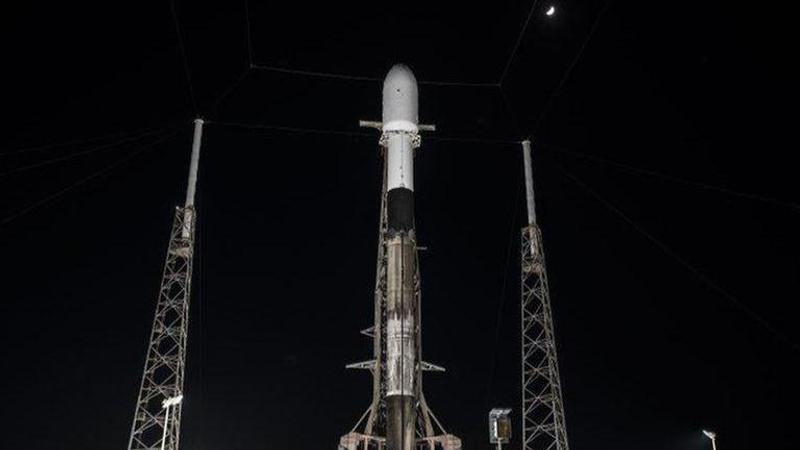Published 15:13 IST, November 30th 2022
UAE's maiden rover mission to Moon delayed to December 1 for checkups of SpaceX rocket
SpaceX's Falcon 9 will now launch at 2:07 pm IST with UAE's rover and Japan's lander from the Cape Canaveral Space Force Station in Florida.

SpaceX has delayed the launch of the UAE-Japan joint lunar mission from November 30 to December 1. The launch is now scheduled at 2:07 pm IST from the Space Launch Complex 40 (SLC-40) at Cape Canaveral Space Force Station in Florida.
SpaceX revealed that the launch has been postponed to perform additional pre-flight checkups of the Falcon 9 rocket which will launch in what would be its 55th mission this year. The launch is to send UAE’s first rover mission to the Moon inside a lander developed by Japan’s private firm ispace.
The rover named Rashid, built by UAE’s Mohammed Bin Rashid Space Center, has been integrated into the HAKUTO-R lander which will touchdown on the Mare Frigoris (Sea of Cold) region on the Moon. The 10-kg rover has been designed to carry out exploration activities for 14 lunar days or one Earth day to study the Moon's electrically charged environment and other properties.
ESA promises communication support
The European Space Agency (ESA) will help the HAKUTO-R Mission Control Center to stay in contact with the lander through its Estrack system of ground stations based in Germany. Initially, the HAKUTO-R Center will monitor the lunar lander’s altitude, temperature, and other conditions and send commands to the spacecraft and receive the data gathered by the lander’s various instruments and experiments during its lunar journey and time spent on the Moon, all under the assistance of Estrack.
(Image: ispace)
The lander’s lunar journey will last between three to five months and it will go as far as 1.5 million km from Earth at its farthest point. It will then enter the lunar orbit for one month before the descent and landing operations begin. ESA is responsible for ensuring communication between the spacecraft and its teams on Earth throughout the mission under a commercial contract it signed with ispace.
Apart from these primary payloads, Falcon 9 will also carry the Lunar Flashlight CubeSat developed by NASA’s Jet Propulsion Laboratory as a secondary payload. This briefcase-sized CubeSat will be installed in the non-rectilinear halo orbit (NRHO) around the Moon to map the distribution of ice on the lunar surface.
Updated 15:13 IST, November 30th 2022




